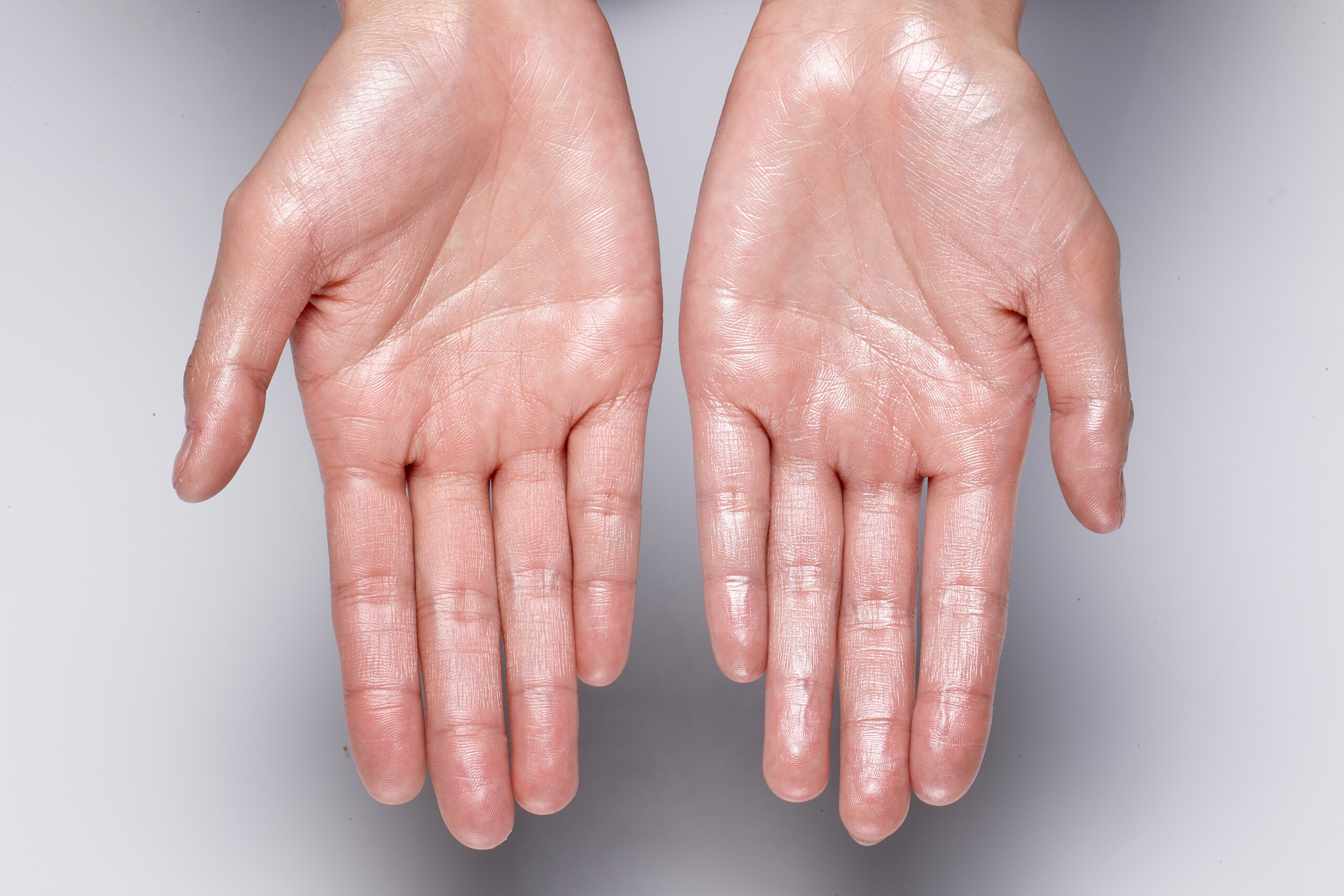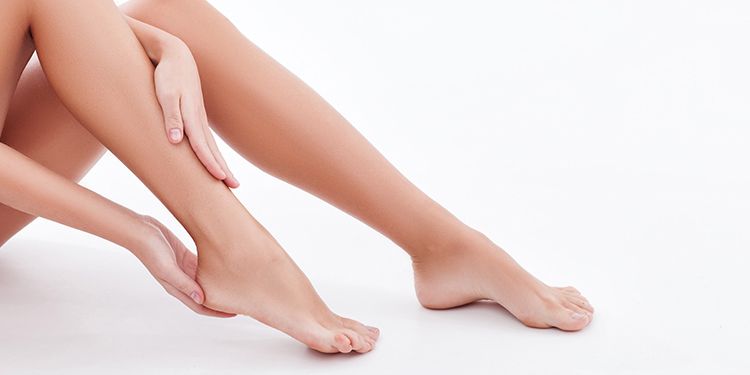Ideal Dermatology Approaches for Sweaty Hands Treatment: Tips and Techniques
Ideal Dermatology Approaches for Sweaty Hands Treatment: Tips and Techniques
Blog Article
Comprehending the Origin of Excessive Sweating and Its Effect on Daily Life
While it is typically understood as a physiological response to manage body temperature, the triggers for excessive sweating can differ commonly among individuals, incorporating not just physical aspects but mental and also psychological aspects. By delving right into the root causes of hyperhidrosis and exploring its complex impacts, a much deeper understanding of this prevalent concern can be obtained, dropping light on the complexities that people grappling with too much sweating browse on a daily basis.
Physiology of Sweat Glands
The law of sweat manufacturing, a critical physical procedure, is mainly controlled by the task of sweat glands distributed throughout the human body. Sweat glands are classified into 2 primary kinds: eccrine and apocrine glands. Eccrine glands are one of the most various and are found in virtually all areas of the body. They play an important duty in thermoregulation by secreting a watery liquid onto the skin's surface, which assists and vaporizes cool the body down. On the other hand, apocrine glands are focused in areas abundant in hair follicles, such as the underarms and groin, and their secretions are thicker and milky in look.
When the body temperature level climbs, either because of exercise, heats, or psychological anxiety, the nerves sets off the gland to generate sweat. This sweat is composed mainly of water and electrolytes like salt and chloride. The procedure of sweat production is vital for keeping the body's internal temperature within a narrow, optimum array, highlighting the crucial function gland play in human physiology.
Triggers for Excessive Sweating
In recognizing the root causes of excessive sweating, it is important to recognize the triggers that can lead to this physiological reaction. Extreme sweating, likewise understood as hyperhidrosis, can be motivated by numerous factors, both environmental and physiological. One common trigger is emotional tension or stress and anxiety, which can promote the body's sweat glands to create more sweat than is needed for cooling down. Physical physical effort, heats, and spicy foods are additionally recognized to cause too much sweating in people susceptible to this problem. Specific medical conditions like menopause, diabetes, or hyperthyroidism can contribute to excessive sweating as well.
In addition, medicines such as some antidepressants, opioids, and certain supplements can additionally function as triggers for hyperhidrosis. Understanding these triggers is essential in handling excessive sweating effectively - Treatment for hyperhydrosis of hands. By determining and dealing with the details triggers that trigger excessive sweating in a specific, doctor can develop individualized treatment strategies to reduce this problem and improve the person's high quality of life
Medical Issue Associated
Connected with excessive sweating are different clinical conditions that can worsen this physiological action. One common problem is hyperhidrosis, a disorder defined by abnormally raised sweating that exceeds the body's thermoregulatory requirements. This can show up in focal areas like the palms, soles, underarms, or face, check influencing an individual's lifestyle as a result of social embarrassment and pain.
In addition, endocrine conditions such as hyperthyroidism, diabetic issues, and menopausal warm flashes useful site can likewise bring about too much sweating. Hyperthyroidism creates an overproduction of thyroid hormones, accelerating metabolism and setting off sweating. Diabetes can induce sweating episodes, particularly during hypoglycemic episodes when blood sugar level degrees go down as well low. Menopausal hot flashes, attributed to hormonal variations throughout menopause, can trigger unexpected and intense sweating, often come with by flushing and heart palpitations.
Furthermore, infections like endocarditis, hiv, and tuberculosis have been connected with evening sweats, a common signs and symptom understood to disrupt rest and impact overall health. These medical problems highlight the varied range of underlying factors that can add to excessive sweating, demanding detailed examination and administration by healthcare experts.
Emotional and Emotional Aspects

Influence on Social Interactions
Too much sweating can have profound impacts on a person's capability to involve conveniently in social communications. The visible indications of sweat discolorations or wet spots on clothing can cause shame and self-consciousness, triggering people to withdraw from social circumstances. This withdrawal can influence relationships, limitation social tasks, and hinder expert and individual growth.

Furthermore, the stress and anxiety Our site and self-worth concerns stemming from too much sweating can affect communication and interpersonal skills. Individuals might struggle to concentrate on discussions, join team tasks, or share themselves with confidence. This can lead to feelings of isolation and loneliness, as social connections end up being challenging to maintain.
Final Thought

While it is typically understood as a physiological response to regulate body temperature level, the triggers for too much sweating can vary widely amongst people, including not only physical factors yet additionally psychological and mental aspects. By delving right into the root causes of hyperhidrosis and discovering its diverse effects, a much deeper understanding of this prevalent problem can be gained, losing light on the complexities that individuals grappling with too much sweating navigate on a daily basis.
Physical physical effort, high temperatures, and spicy foods are also recognized to set off excessive sweating in people prone to this problem. By identifying and resolving the certain triggers that prompt extreme sweating in an individual, medical care suppliers can develop personalized treatment plans to reduce this condition and enhance the individual's quality of life.
Excessive sweating can have profound effects on an individual's capacity to involve conveniently in social interactions.
Report this page